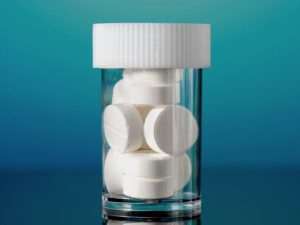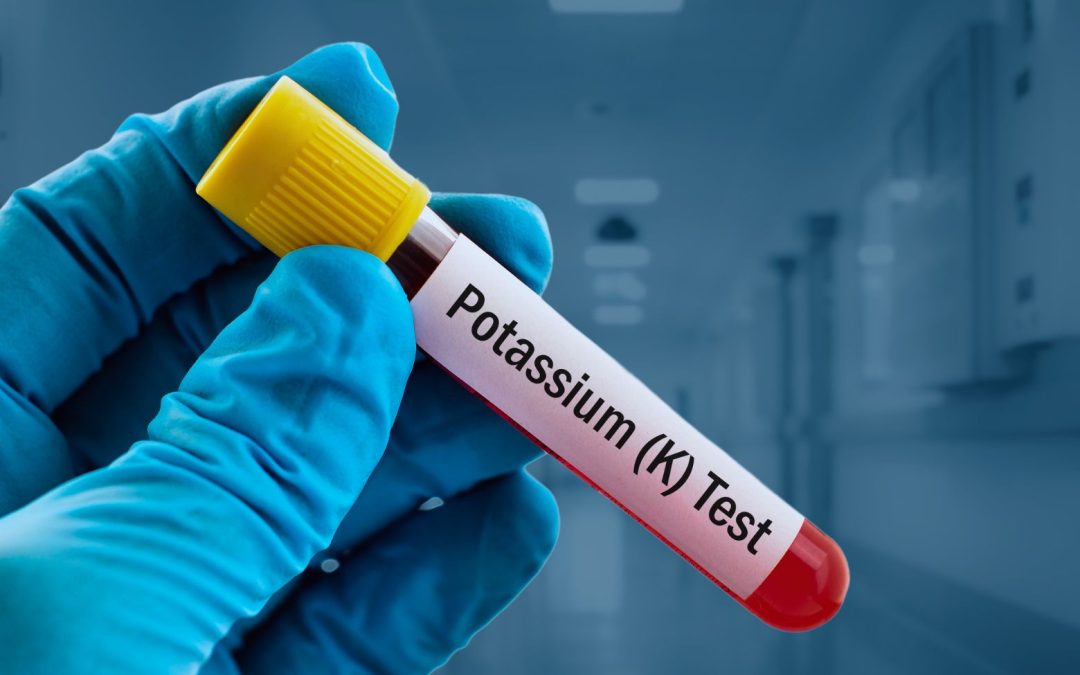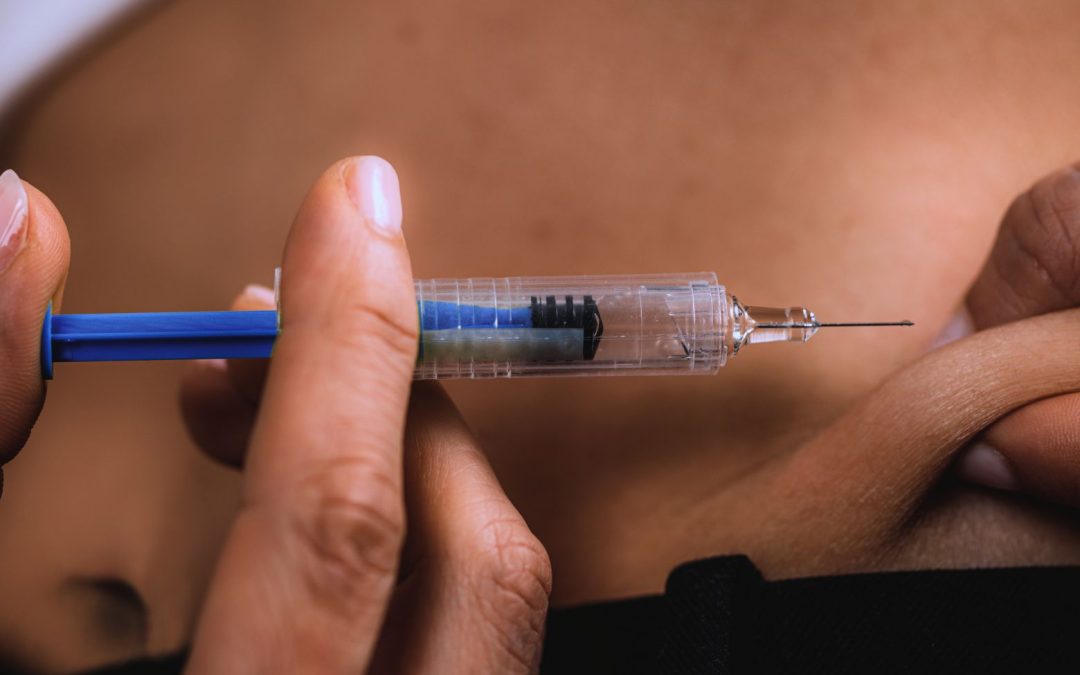A Metformin Overdose Case Study
A 23-year-old female (56kg) arrives at the emergency room forty-five minutes after ingesting fifty-four grams of her father’s metformin in an attempted suicide. In triage, the patient has significant nausea, vomiting, diarrhea, and epigastric pain. Vital signs: temp 35.7°C, pulse of 119 beats/min, blood pressure of 149/52 mm Hg, respirations twenty-nine breaths/min and 100% saturation on room air.
First look labs include a serum glucose level of 307 mg/d, arterial blood gas (pH 7.13, PCO2 19 mm Hg, pO2 115 mm Hg, bicarbonate 13.1 mEq/L) and a blood lactate level of 7.2 mmol/L with progressing hyperglycemia. Repeat labs highlight the patients escalating metabolic acidosis (pH 6.79) and clinical decline as her serum lactate increases to 15.9 mmol/L. As metformin accumulates in the blood, lactate generation increases, followed by hypotension, hypoxia, and impaired hepatic function. The patient’s condition continues to decline.
In this patient, the exacerbating lactic acidosis warrants escalating treatment and the emergency room physician requests urgent hemodialysis based on EXTRIP guidelines for a patient with a lactate greater than 15 to 20 mmol/L, blood pH lower than 7.1 and failure of standard supportive care measures.
With a low molecular weight and high-water solubility, metformin overdose is a candidate for intermittent hemodialysis with bicarbonate buffer to help with the removal of lactate as well as the metformin.
While waiting for dialysis, the patient developed a prolonged QTc, lethargy, hypotension, hypothermia, and tachypnea. After hemodialysis, the emergency department transfers the patient to the intensive care unit.









